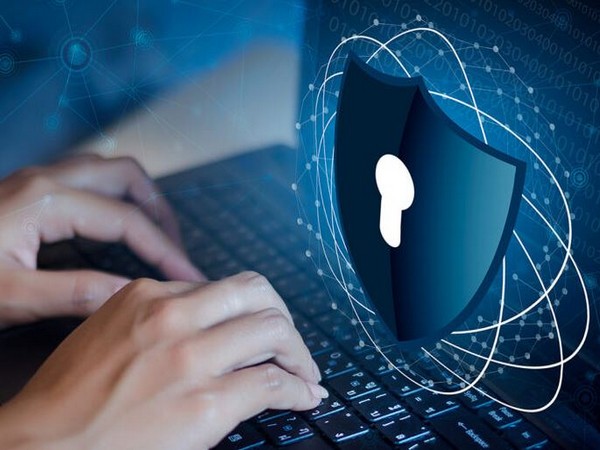

The Internet is a vast and powerful resource and can be quite overwhelming for some users. While there are passwords for almost everything starting from your email to social media accounts, one careless step might land you in deep trouble leaving you vulnerable to lurking cybercrooks.
One wrong post can result in hackers gaining access to your personal information, including access to your credit cards and bank information.
It is prudent to exercise financial hygiene. Here are 10 Internet Safety rules that will guide you on what not to do in the online space so that you don’t end up becoming another victim of an online scam.
1. Keep your personal information limited
In the professional world, people are not interested to know about your personal life or what you do at home. They are only interested in your professional background and how they can get in touch with you. So put only those information that can help you to connect with professional people and if we talk about your account on the social media platforms, then the profile should be limited. It means that your information should be visible to only those people whom you know.
2. Update your profile with privacy settings
Many people wanted to know about your lifestyle and they can easily find it through your social media activities. But if you take the charge of your information and select who can view your profile and who cannot, then it becomes easier for you to secure your information from hackers as well as from the marketers. Privacy settings are available on various social media platforms through which you can make your profile private.
3. Check a website’s reliability
Whenever we are out, our parents always advised us to not talk with strangers and not to take anything which seems suspicious but when it’s about the internet, we don’t check its reliability or how far is it secure to use. Hackers usually use lurid content to attract your attention so that you fall into their trap and could pass on some valuable information to them. This time when you use the internet, try to check the internet reliability.
4. Make Sure Your Internet Connection is Secure
“Free Wi-Fi connection” is simply bait, that companies or marketers offer you and you easily fall into that trap but this is one of the ways to take a look at your personal information. So before connecting to “free Wi-Fi” firstly, you need to make your device secure and before passing on your personal information like bank account or typing passwords of your UPI account, try to use your mobile data instead of free Wi-Fi.
5. Be cautious before downloading anything
Before you began to download anything on the internet, try to check whether the data or documents or apps are not the bait of cybercrimes to steal your valuable information. In the PC world, don’t download any apps or programs that seem suspicious or you don’t trust.
6. Use strong passwords
Passwords are one of the biggest tools to secure your data but if it is not used wisely then it is the easiest tool for cybercrime to attack your account and hack. People generally put those passwords which are easy to remember (for example– 1,2,3,4,5,6 or password) and this is the reason that it becomes easy for hackers to attack your account. So, the password should be a combination of words, numbers, and special characters so that it will be hard for the hackers to crack the password.
7. Use secure sites for online shopping
While buying anything online, people give their valuable information to sites like bank accounts or home addresses which becomes easy for cybercriminals to collect your information. So, next time when you are shopping online try to use the website which is secure and also sees their reviews to get a complete idea about the website.
8. Be careful what you post on the online space
If you don’t want to become like another 19-year candidate in New Hampshire, see before you post. Be careful about the pictures or posts before posting them on an online space as there is no way to turn back and could change everything you wish you hadn’t made.
9. Be careful about your online friends
The online and real world are completely different from each other. People are not always the same as who they claim to be on the internet world. Hackers use fake accounts to either collect your information or to pick you up for cyber rackets. Be as cautious and sensible in your online social life as you are in your in-person social life.
10. Use updated cybersecurity software
Internet malware is the file or code, basically delivered over a network, that infects, explores, steals, or conducts virtually any behavior an attacker wants. If your computer has updated cybersecurity software then such threats could be easily detected and can be removed from your PC. So, update your cybersecurity software to make your online space safer.
Keep these 10 basic Internet safety rules in mind and you’ll avoid many of the nasty surprises lurking online for the careless.